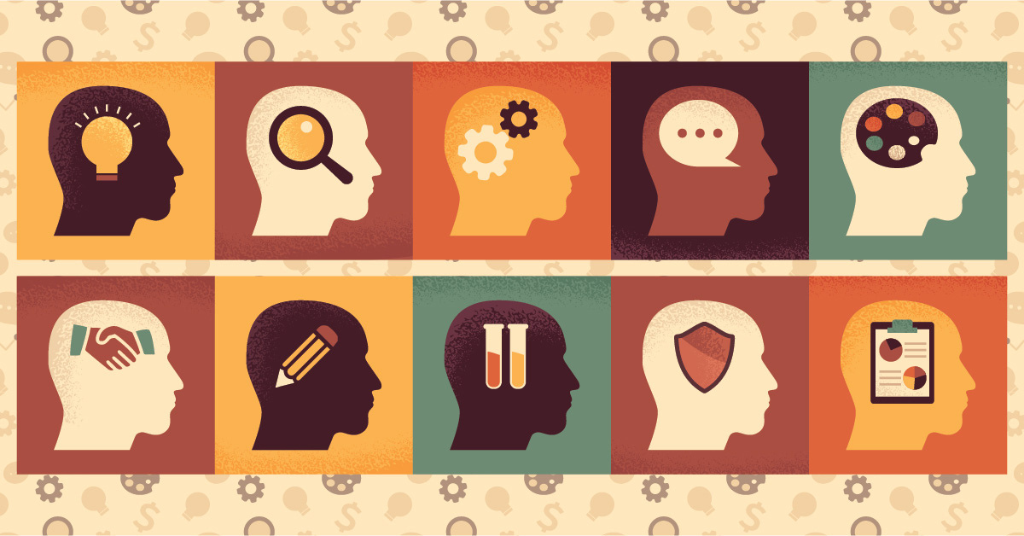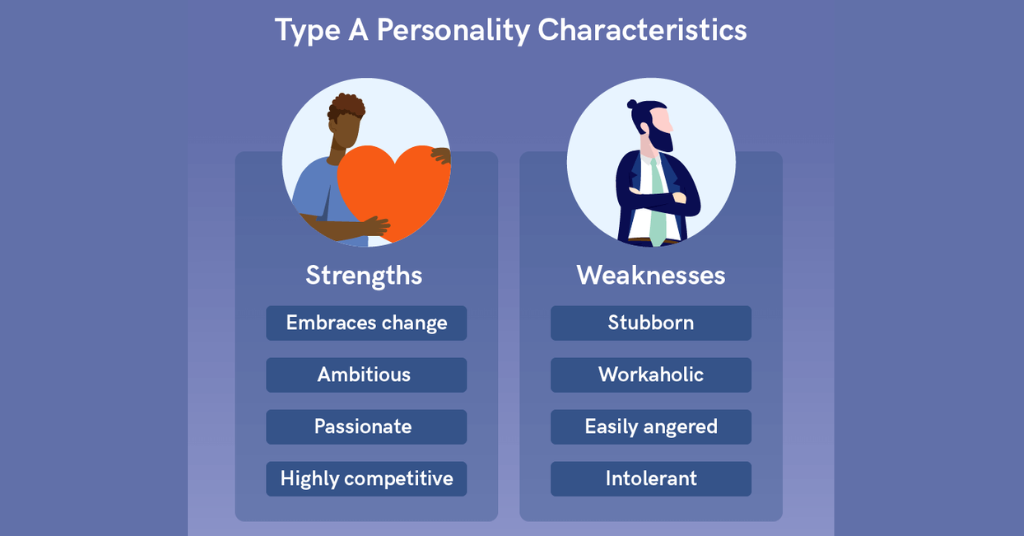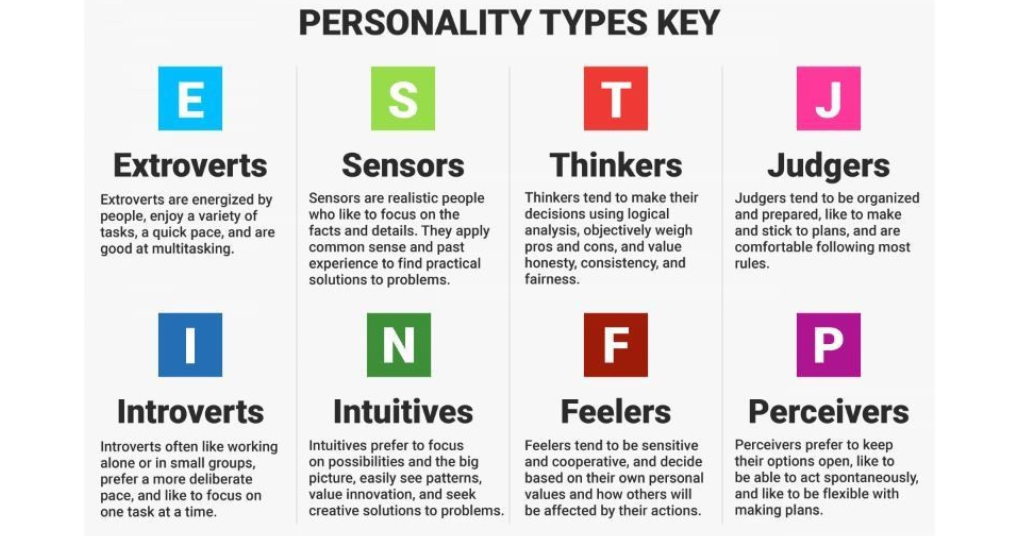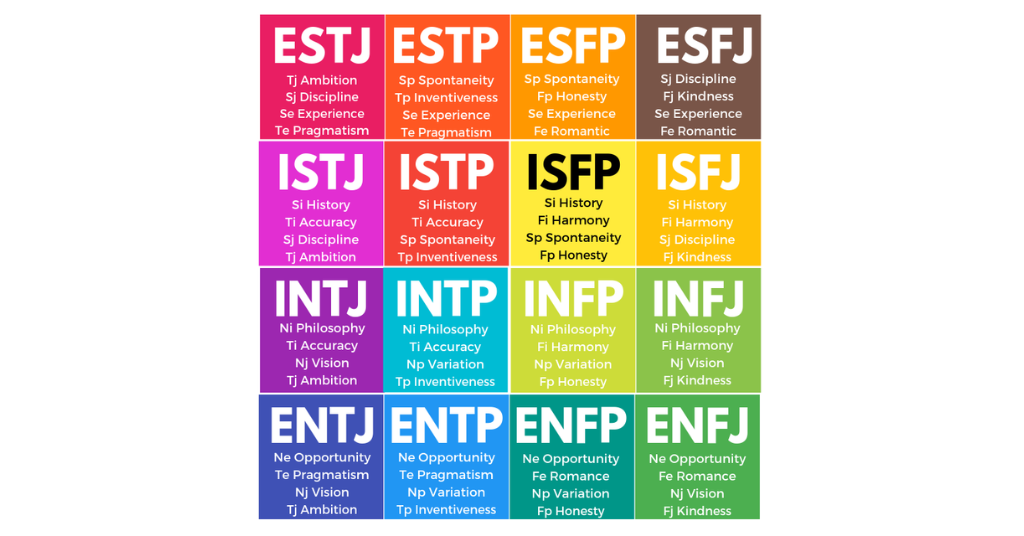At some point in life, you might wonder “what type of personality” you come in. And to make a clear statement about your right personality type, there are a lot of personality tests available on the interest. Among all of these tests, Myers-Briggs Personality Type Indicator is perhaps the most used personality test in the world.

With a personality test, a person can get an insight into the core components that make them who they are. It assesses individuals informally by describing their everyday behaviour. Moreover, on various occasions, you might have witnessed people referring to different characteristics of an individual’s personality.
Check Out This Article: International Men’s Day 2022 – History, Activities And More!
Before Moving Ahead, Let’s Discuss What Is A Personality Test?
In simple language, a personality test is a series of standardised tests designed to accurately & consistently measure someone’s personality. It is useful to asses someone’s personality fabrication. Furthermore, personality tests are helpful in identifying perceived strengths and weaknesses in the character combinations of an individual. Also, it gives a direction where the strength is amplified and the weakness is reduced to be eliminated in the process.
People conduct personality tests using a questionnaire containing a varied list of questions to collect the needed data. The process helps in knowing more about personality type, intelligence, interpersonal skills, and so on.
Check Out This Article: What Is Writer’s Block? How To Get Rid Of It?
The Important Part, What Are The Four Temperament Personality Types?

The study conducted by the Universidad Carlos III de Madrid shows that the behaviour of 90% of the human population can be grouped into – optimistic, pessimistic, envious and trusting.
Among the four types, “envious” is the most common. 30% per cent of people fall into this category compared to 20% for each of the other groups.
The four temperament theory is a widely accepted explanation of different personality types. The study of human psychology (a proto-psychological) suggests four fundamental personality types – choleric, melancholic, sanguine and phlegmatic.
1) Sanguine (Optimistic, Social And Active)
Sanguines are more extroverted and appreciate being part of the crowd. People with a “Sanguine personality” are highly talkative, active, social and enthusiastic. People with this personality have a difficult time doing nothing. They would like to engage in more risk-seeking behaviour.
2) Choleric (Fast, Irritable & Short-Tempered)
People with choleric personalities are more extroverted. They are independent, goal-oriented, decisive and ambitious. These qualities make them natural leaders. In ancient history, choleric was assumed to be violent, vengeful, and quick-tempered.
3) Melancholic (Analytical, Quiet And Wise)
People with the melancholic personalities are detail-oriented, analytical, observant and deep thinkers. They have introverted personalities and avoid being singled out in a crowd. A melancholic leads to self-reliant individuals who are reserved, thoughtful, and often anxious because they strive for perfection.
4) Phlegmatic (Peaceful And Relaxed)
People with phlegmatic personalities are peaceful, relaxed, easy-going and quiet. They are empathetic towards others, though they try to hide their emotions perfectly. Also, phlegmatic are good at generalising ideas or problems to the world and making compromises.
Check Out This Article: What Is Air Pollution – Types, Effects, Causes & More!
Now, Let’s Talk About The Origin Of The Myer-Briggs Personality Tests
The mother of Myer Briggs, Katharine Cook Briggs, began research into personality in 1917. She developed a typology where she proposed four characteristics: meditative, spontaneous, executive, and social. Later on, following the steps of her mother’s typological research, Isabel Briggs Myers, with time, took it over entirely.
Briggs and Myers developed the MBTI during World War II. They believed that consciousness of personality preferences would help women join the industrial workforce for the first time. It would assist them in identifying the kind of wartime jobs that best suit them.
Socionics Theory – Myer-Briggs Personality Types

In psychology and sociology, Socionics is a theory of information processing and personality type. It is distinguished by the information model of the psyche. The idea behind Socionics is that information is intuitively separable into eight categories called information aspects. It is a person’s psyche that processes using eight psychological functions.
Moreover, the objective of Socionics is to provide a means of predicting the character of relations and the degree of business compatibility, information sharing and psychological compatibility of people before joining one collective group.
Socionics is –
a) extraversion (E),
b) sensing (S),
c) thinking (T),
d) judgment (J),
e) introversion (I),
f) intuition (N),
g) feeling (F),
h) perception (P).
Besides that, Socionics separates people into 16 different types, called sociotypes. These categories are – ESTJ, ENTJ, ESFJ, ENFJ, ISTJ, ISFJ, INTJ, INFJ, ESTP, ESFP, ENTP, ENFP, ISTP, ISFP, INTP & INFP. A formal conversion is carried out following the Myers–Briggs Type Indicator.

1) The Inspector (ISTJ Personality)
2) The Counselor (INFJ Personality)
3) The Mastermind (INTJ Personality)
4) The Giver (ENFJ)
5) The Craftsman (ISTP)
6) The Provider (ESFJ)
7) The Idealist (INFP)
8) The Performer (ESFP)
9) The Champion (ENFP)
10) The Doer (ESTP)
11) The Supervisor (ESTJ)
12) The Commander (ENTJ)
13) The Thinker (INTP)
14) The Nurturer (ISFJ)
15) The Visionary (ENTP)
16) The Composer (ISFP)
Check Out This Article: FIFA World Cup 2022 – Everything You Need To Know!
11 Free Platforms Where You Can Take Myers-Briggs Personality Tests
Personality tests are undeniably a great way to discover yourself internally. In testing to unravel yourself, it’s ideal to take a test in order to get a better idea about your personality.
1) 123Test
4) TestColor
6) Crystal
7) Interpersonal Skills Assessment
8) Berkeley Emotional Intelligence
10) Sokanu
Final Thoughts
The whole purpose of personality tests is that they can be used for self-reflection and help people try to understand themselves towards enhancing their interaction with others.
For example, if a position demands XYZ character trait or personality type in a job. In such situations, taking a personality test helps best to decide who will better fit for that role and eventually dismisses the risk of people going into the wrong jobs and fields.
Moreover, the personality tests mentioned above show the strengths and weaknesses of a person. With this basic yet unique information, you can focus on intensifying your strength and suppressing or eliminating your weakness.
Furthermore, to learn more about personality types or explore more interesting content, visit PiggyRide. The e-learning platform offers an extensive list of options for people to browse and select. Also, your little ones can take part in online quizzes and attend weekend workshops to enhance their learning in no time.


Leave a Reply